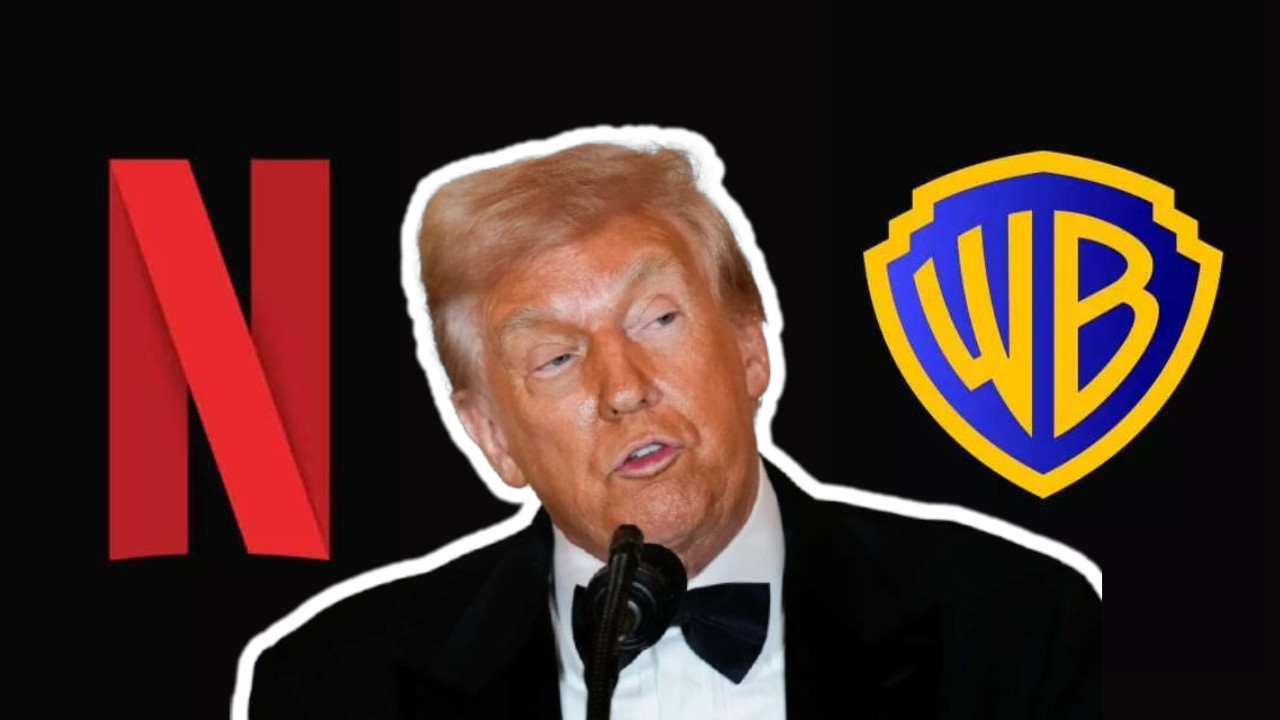Michael Burry, famous for his housing market bet, is now shorting AI giants Nvidia and Palantir. He criticizes their accounting practices, particularly how cloud companies extend chip depreciation, inflating current earnings. Burry warns this AI boom mirrors the dot-com bubble, with Nvidia at its center, potentially leading to significant financial overstatements.
Michael Burry’s Big Bets: Are Nvidia and Palantir Overhyped?
Michael Burry, the investor who famously predicted the 2008 housing market crash (chronicled in “The Big Short”), is making waves again. His Scion Asset Management recently revealed significant put options against Nvidia and Palantir, sparking intense debate among investors. This begs the question: what does Burry see that others don’t? Is this a contrarian masterstroke or a miscalculation?
Burry’s reputation precedes him. He’s known for his deep dives, meticulous research, and willingness to bet against the grain. His past successes lend weight to his current moves, even if the specific reasoning remains somewhat shrouded in mystery. So, why these two companies?
Decoding Burry’s Nvidia Wager
Nvidia’s stock has been on an absolute tear, fueled by the AI boom. The company’s GPUs are the gold standard for training and deploying AI models, making them a critical component in this rapidly expanding field. This dominance has translated into explosive revenue growth and soaring stock prices.

Burry’s bet against Nvidia likely centers around valuation. Even with impressive growth, some analysts believe Nvidia’s current stock price reflects expectations that are simply unsustainable. Can Nvidia maintain its near-monopoly in the face of increasing competition? Can the demand for AI chips continue to outpace supply constraints and potential economic downturns? These are the questions Burry is likely pondering. It’s not necessarily a judgment on the quality of Nvidia’s technology, but rather a concern about whether the market has gotten ahead of itself. A correction, even a moderate one, could prove profitable for Burry’s put options.
Another factor could be the cyclical nature of the semiconductor industry. Historically, chip manufacturers have experienced periods of boom and bust. While AI presents a potentially transformative shift, the semiconductor market remains vulnerable to economic fluctuations and shifts in demand. Burry may be anticipating a slowdown in the AI boom, leading to reduced demand for Nvidia’s products and a corresponding decline in its stock price.
Examining the Palantir Paradox
Palantir, the data analytics firm co-founded by Peter Thiel, presents a different kind of puzzle. Unlike Nvidia, whose business is relatively straightforward, Palantir’s operations are more opaque. The company specializes in analyzing massive datasets for governments and large corporations, offering insights that are purportedly invaluable.
Palantir has its fervent believers, who tout its cutting-edge technology and its role in national security. However, the company has also faced criticism for its high valuation, its reliance on government contracts, and its complex business model. Palantir, known for Nvidia, may be facing questions over its long-term growth potential and profitability.
Burry’s bearish stance on Palantir might stem from concerns about its scalability. While Palantir has secured lucrative contracts, expanding its reach beyond government agencies and large enterprises may prove challenging. The company’s software is highly customized, requiring significant resources to implement and maintain. This bespoke approach could limit its ability to attract a broader range of customers and achieve the kind of exponential growth that justifies its valuation.
Furthermore, Palantir faces growing competition from established tech giants like Amazon, Microsoft, and Google, all of which offer their own data analytics solutions. These companies have vast resources and existing relationships with many potential Palantir customers.
What Does This Mean for Investors?
Burry’s bets don’t necessarily signal an imminent collapse of Nvidia or Palantir. However, they serve as a valuable reminder of the importance of critical thinking and due diligence. The market can be irrational, and even the most promising companies can be overvalued. Investors should carefully consider the risks associated with each stock and avoid getting caught up in the hype. For example, if you’re investing in cybersecurity, be sure to conduct research, not just follow trends.
It’s crucial to remember that Burry is a single investor with his own unique perspective and investment strategy. His bets may be based on factors that are not readily apparent to the general public. The best course of action is to conduct independent research, assess your own risk tolerance, and make informed decisions based on your own financial goals.
The Takeaway: Staying Grounded in a Volatile Market
Michael Burry’s bearish bets on Nvidia and Palantir highlight the potential disconnect between market enthusiasm and underlying fundamentals. While both companies possess significant strengths and operate in high-growth sectors, their valuations may reflect overly optimistic expectations. Whether Burry’s predictions prove accurate remains to be seen, but his contrarian stance serves as a crucial reminder: always question the prevailing narrative and conduct thorough research before making any investment decisions.







